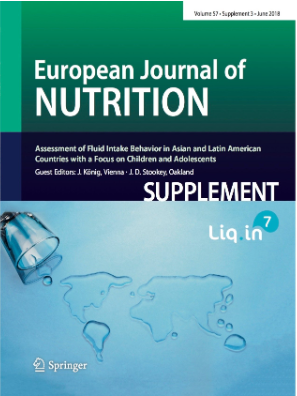Xanthohumol ameliorates dextran sodium sulfate-induced colitis in mice by inhibiting of NF-κB signaling pathways and modulating intestinal microbiota
Abstract
Ethnopharmacological relevance: Xanthohumol (XN), an isoprenylated flavonoid natural product found only in hops, possesses a variety of biological activities such as anticancer, anti-inflammatory, hepatoprotective, and anti-obesity.
Aim of the study: The aim of this study was to investigate the effects and mechanisms of XN on the treatment of colitis.
Materials and methods: First, acute colitis was induced by using distilled water containing 3% DSS for 10 consecutive days. The therapeutic efficacy of XN was assessed by an established DSS-induced mouse colitis model. Subsequently, disease activity index (DAI) and colon length of mice were assessed. The health of the intestines was assessed by histopathological analysis. Inflammatory factors, IL-1β, IL-6, and TNF-α, were detected in colon tissues by ELISA.Finally, mouse intestinal contents were extracted and subjected to 16?S rRNA Sequencing, and the gut microbiota was analysed for Alpha-diversity and Beta-diversity.
Results: The results showed that XN ameliorated DSS-induced colitis. Furthermore, XN reduced pro-inflammatory cytokine levels such as IL-1β, IL-6, and TNF-α, as well as inhibited the activation of the TLR4/NF-κB pathway, all of which helped to mitigate the inflammatory response. Finally, we also found that XN alleviated intestinal dysbiosis in colitis mice.
Conclusion: In conclusion, our study demonstrated that XN provides protective effects against colitis, and has the potential to be further explored as a lead compound for the treatment of inflammatory bowel disease (IBD).





